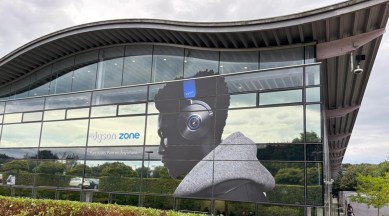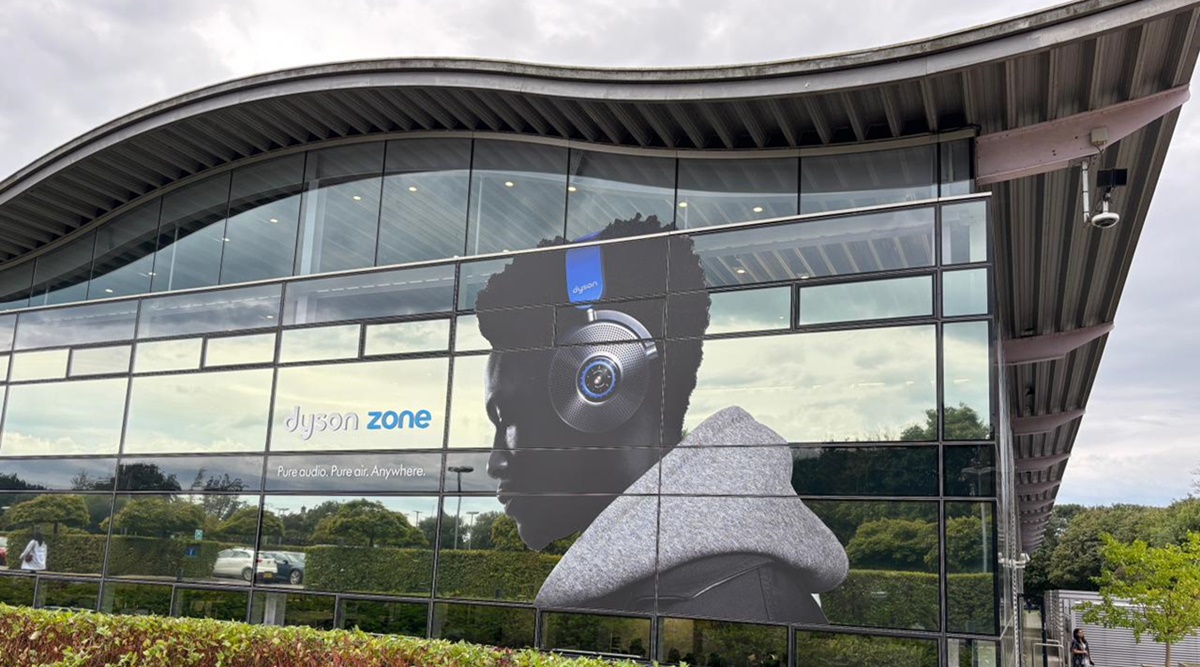Dyson’s success in floorcare tech lies in innovation, user-friendly design, smart home integration, and a focus on sustainability and durability.

“When things don’t go as planned, we return to the drawing board, consider the feedback, make design changes, and test again. We continuously iterate — building prototypes, testing them, and refining the design until we believe we have got it right.” Josh Mutlow, Senior Design Manager in Floor Care at Dyson says it is this meticulous design and development process that makes Dyson stand apart. Excerpts from an exclusive conversation that delved upon the company’s strategies to stay ahead of its competitors, its emphasis on user experience, integration of smart home technology, and more.
What are the key challenges in developing cutting-edge floorcare technology, and how does Dyson stay ahead of the competition?
We stay ahead by heavily investing both money and time into the design and development of our products. Few companies, especially in the UK and worldwide, match our level of investment in this domain. We pride ourselves on our capacity to innovate and continuously recruit bright young minds. Every year, we hire new graduates, and currently, we have more graduates in our business than ever before. Our commitment is not just to research and design; we also bring on board enthusiastic and passionate problem solvers from the world of academia to fuel our innovation. At our core, we are dedicated to advancing through research and design.
You have exhausted your
monthly limit of free stories.
To continue reading,
simply register or sign in
Continue reading with an Indian Express Premium membership.
This premium article is free for now.
Register to read more free stories and access offers from partners.
Continue reading with an Indian Express Premium membership.
This content is exclusive for our subscribers.
Subscribe now to get unlimited access to The Indian Express exclusive and premium stories.
Dyson is known for its emphasis on user experience. How do you ensure that your floorcare products are not only efficient but also user-friendly?
When it comes to our products, the journey is extensive. It can take us months, or even years, to develop a product from an idea to the point where we believe it’s ready for market launch. During this time, we design, prototype, and test the product. Occasionally, we invite individuals from other departments to trial the products and provide feedback. Through this process, we often discover mistakes or areas for improvement. When things don’t go as planned, we return to the drawing board, consider the feedback, make design changes, and test again. We continuously iterate — building prototypes, testing them, and refining the design until we believe we have got it right.
Most Read
Watch this Space: Chandrayaan-3 sleeps as US Space Force punches a hole in atmosphere
IAS officer, transferred over stadium row, now compulsorily retired by Govt
With the rise of smart home technology, how is Dyson integrating connectivity and automation features into its floorcare products to enhance convenience and performance for users?
At the moment, our floorcare products do not have connectivity. However, within our environmental care category, we have integrated this feature, especially in our purification technology. This connected technology allows users not only to interact with their purifier – setting schedules, turning it on, and viewing real-time air-quality data – but also helps us gather data from the device. This data provides insights into the air quality in your home over time. In essence, we already offer connected products. While I cannot specify what the future holds regarding connected products, we do have a connected purifier in our lineup.
With increasing awareness of sustainability, how does Dyson approach eco-friendliness in its air purifier products, including recycling options for filters and reducing overall environmental impact in India?
There are two aspects to consider. Over the past one to two years, we have started using a byproduct from the food industry in the 3D printed parts employed during our development cycle. This initiative aims to minimise our environmental impact during product development. We are on a path to expand this practice across our broader product range. Our philosophy centers on designing durable, high-performance, and top-quality products that last long. To ensure this, we subject our products to rigorous mechanical tests.We recognise that certain components of our machines, like filters, might need replacement over time. For instance, after several years, a filter might require changing. To address this, we maintain a stock of spares and accessories for 7 to 10 years, underscoring our commitment to product longevity and robustness.
The author is at Dyson Campus at Malmesbury, UK.
© IE Online Media Services Pvt Ltd
First published on: 28-09-2023 at 11:12 IST
Source link
credite

